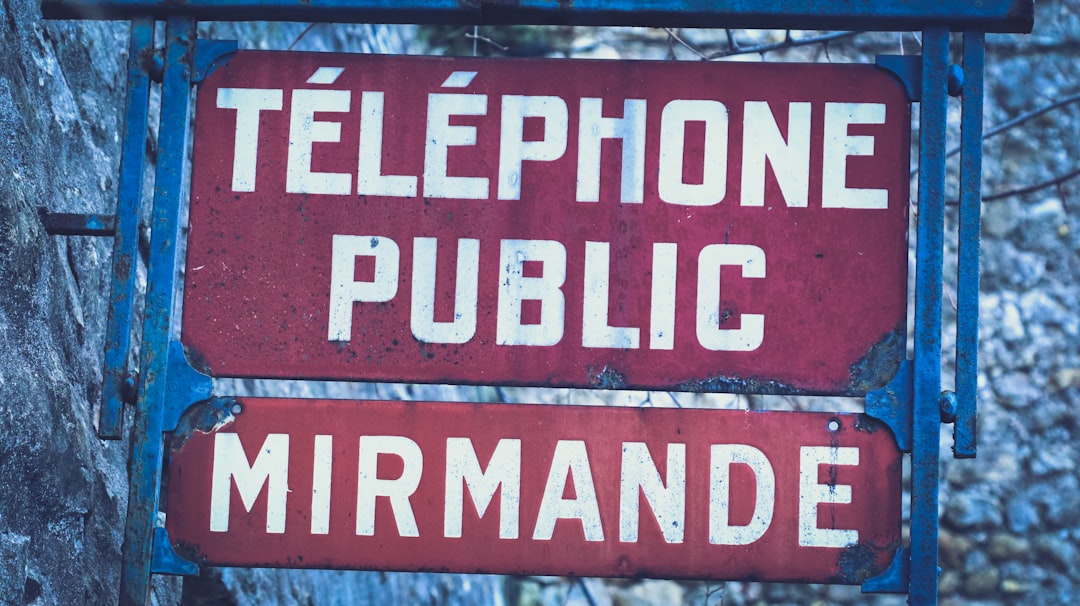In Illinois, the Illinois Debt Collection Act (IDCA) protects consumers from abusive debt collection practices while enabling creditors to recover debts fairly. Debt collectors must follow strict guidelines including proper identification, disclosure of debt details, and allowing consumers time to verify. Consumers have rights like requesting debt validation and disputing inaccurate information. Both the FDCPA and IDCA grant specific consumer rights, such as reasonable communication times and protection from harassment. If these rights are violated, individuals can file a complaint with the CFPB or consult an attorney for potential legal action against the debt collector under Illinois debt collection laws.
In Illinois, consumers have robust rights and protections under its debt collection laws. Understanding these regulations is crucial for navigating interactions with debt collectors. This article provides an in-depth overview of Illinois debt collection laws, detailing consumer rights, fair debt collection practices, and steps to take if your rights are violated. By familiarizing yourself with these guidelines, you can effectively enforce your rights and protect yourself from abusive or unfair practices by debt collectors.
Understanding Illinois Debt Collection Laws: An Overview

In Illinois, debt collection laws are designed to protect consumers from unfair or abusive practices while ensuring that creditors can recover their debts. The Illinois Debt Collection Act (IDCA) outlines specific rules and regulations for debt collectors operating within the state. Understanding these laws is crucial for both debtors and creditors to ensure compliance and maintain a fair and transparent process.
Debt collectors in Illinois must adhere to strict guidelines, including proper identification, disclosure of the debt’s nature and amount, and allowing the consumer time to verify the debt. They are prohibited from using aggressive or harassing tactics, making false statements, or engaging in unconscionable behavior. Consumers have rights under these laws, such as requesting validation of the debt and disputing inaccurate information. Knowing and exercising these rights can help protect individuals from unfair treatment during the debt collection process.
Consumer Rights and Protections Against Debt Collectors

Consumers in Illinois have several rights and protections under state laws when dealing with debt collectors. The Illinois Debt Collection Act (IDCA) outlines strict guidelines for third-party collection agencies to ensure fair practices. One of the key rights is the consumer’s ability to demand validation from the collector, requiring them to provide proof that the debt is legitimate. This process helps protect consumers from inaccurate or fraudulent claims.
Additionally, debt collectors in Illinois are prohibited from using abusive, unfair, or deceptive means when attempting to collect a debt. They must refrain from making false statements, using obscene language, or threatening actions that cannot be legally taken. These protections ensure that the process remains transparent and respectful, empowering consumers with knowledge about their rights under Illinois debt collection laws.
Fair Debt Collection Practices: What You Need to Know

When dealing with debt collectors in Illinois, it’s crucial to understand your rights under the Fair Debt Collection Practices Act (FDCPA), which is federal legislation designed to protect consumers from abusive and unfair collection practices. This law applies not only to professional debt collectors but also to creditors who attempt to collect their own debts directly. Under the FDCPA, debt collectors must adhere to specific rules regarding communication methods, frequency of contact, and disclosure of information. They cannot call you at unreasonable times or places, use harassing or abusive language, or falsely threaten legal action.
In Illinois, the Debt Collection Act further reinforces consumer rights by setting out additional guidelines for debt collectors operating within the state. It prohibits collectors from employing deceptive, false, or misleading practices, and it ensures that consumers have a say in how their personal information is used. Knowing your rights under these laws can empower you to navigate debt collection efforts more effectively and ensure a fair process throughout.
Enforcing Your Rights: Steps to Take If Violated

If your rights as a consumer under Illinois debt collection laws have been violated, there are several steps you can take to enforce those rights. First, review the Fair Debt Collection Practices Act (FDCPA) and understand your protections. The FDCPA prohibits abusive, unfair, or deceptive practices by debt collectors, including harassment, false statements, and demands for payment not authorized by law.
Next, gather evidence of the violation(s). Keep records of any communication with the debt collector, including dates, times, and a log of what was said. Document any threats, abusive language, or inaccurate information provided by the collector. With this evidence, you can file a complaint with the Consumer Financial Protection Bureau (CFPB) and/or consult with an attorney specializing in consumer rights to discuss potential legal action against the debt collector under Illinois debt collection laws.






